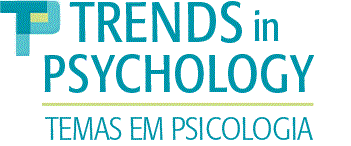Abstract
This study evaluated the discriminative ability of behavioral and psychological indicators often associated with child sexual abuse. The sample consisted of 79 children of both genders, 63.3% being female (n = 50), aged between 8 and 12 years (M = 9.92, SD = 1.45). Participants were assigned to three groups: Sexual abuse (n = 34), Maltreatment with no history of sexual abuse (n = 14) and Clinical symptoms with no history of abuse or other traumatic events (n = 31). Assessment measures were administered with the legal guardians and with the children. A multinomial logistic regression analysis was conducted aiming to identify factors for differentiation of the groups. The TSCC Sexual concerns variable emerged as significant in differentiating the Sexual abuse group from both the Maltreatment and Clinical symptoms groups. The model showed overall predictive ability to accurately classify 69.6% of the cases. The investigation of this variable should be included, among other indicators, in forensic procedures for children with suspected sexual abuse. Based on the results, it becomes clear that caution is required in establishing causal relationships between behavioral or psychological manifestations and the hypothesis of child sexual abuse.
Keywords:
Child sexual abuse; behavioral symptoms; psychic symptoms
